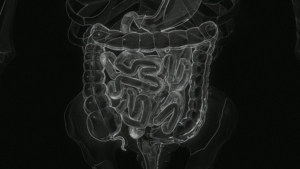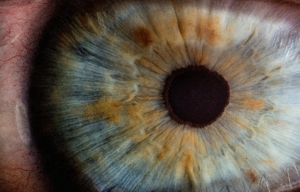CHMP recommends EU marketing approval of ten drugs
The European Medicines Agency's Committee for Medicinal Products for Human Use (CHMP) recommended seven medicines for approval, including two orphan medicines, plus three generics at its November 2017 meeting.
The basket of therapies includes German Dr. Falk Pharma GmbH’s locally acting corticosteroid budesonide (Jorveza) as therapy for treat eosinophilic esophagitis, a rare inflammatory condition of the oesophagus. The refurbished medicine was reviewed under EMA’s accelerated assessment mechanism, reserved for medicines of major public health interest. The EU orphan drug led to clinical remissission in more than 90% patients treated. The second orphan medicine positively assessed by the committee is Merck Sharp & Dohme Ltd’s letermovir (Prevymis), which prevents cytomegalovirus reactivation by on the CMV DNA terminase and inhibits viral replication. Letermovir was licenced in 2012 by MSD from Bayer AG’s antiinfectives spin out AiCuris Anti-infective Cures GmbH (Germany).
At the biosimilar front, Amgen made another success, with its bevacizumab biosimilar ABP 215 (FDA-approved as Mvasi in September) now ready to compete with Roche’s cancer blockbuster Avastin in the same indications as the originator: non-small cell lung cancer (NSCLC), renal cell carcinoma (RCC), and colorectal, breast, ovarian and cervical cancers. Amgen shares rights to the biosimilar with Allergan plc. At the same time, Amgen withdrew its MAA for Kyomarc, a second biosimilar of bevacizumab for marketing reasons.
The CHMP followed suit in the footsteps of the US Food and Drug Administration, which granted market approval in March 2017 for the first treatment of early primary progressive multiple sclerosis (PPMS). The committee greenlighted ocrelizumab (Ocrevus) as treatment for PPMS and relapsing multiple sclerosis (RMS) in adult patients. The CHMP concluded its review of the multiple sclerosis (MS) medicine daclizumab (Zinbryta) and confirmed further restrictions to reduce the risk of serious liver damage. The review found that unpredictable and potentially fatal immune-mediated liver injury can occur during treatment with Zinbryta and for up to 6 months after stopping treatment. In clinical trials, 1.7% of patients receiving Zinbryta had a serious liver reaction. Zinbryta should now only be used in patients who have had an inadequate response to at least two disease modifying therapies (DMTs) and cannot be treated with any other DMTs.
In addition, the CHMP supported EU market authorsation for Baxalta Innovations GmbH’s recombinant human factor VIII rurioctocog alfa pegol (Adynovi) for the treatment and prophylaxis of bleeding in patients 12 years and above with haemophilia. The committee adopted a positive opinion for AstraZeneca AB’s benralizumab (Fasenra), an anti-eosinophil, humanised monoclonal antibody for the treatment of severe eosinophilic asthma. Benralizumab binds to the human interleukin?5 receptor expressed on the surface of eosinophils and basophils. This leads to apoptosis of eosinophils and basophils through enhanced antibody?dependent cell?mediated cytotoxicity, and therefore, reduces eosinophilic inflammation. Endoceutics Ltd dehydroepiandrosterone prasterone (Intrarosa) received a positive opinion for the treatment of vulvar and vaginal atrophy in postmenopausal women. DHEA is a precursor steroid which is converted into oestrogens and androgens
Following the re-examination CHMP of Fanaptum (iloperidone) and Onzeald (etirinotecan pegol), the agency confirmed its initial opinions and refused the granting of marketing authorisations for these medicines.



 Unsplash+
Unsplash+